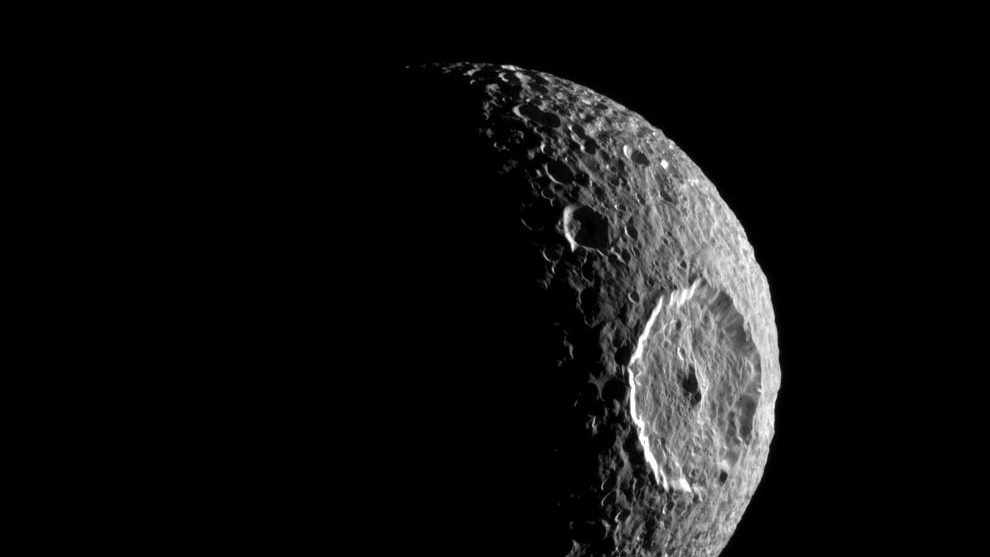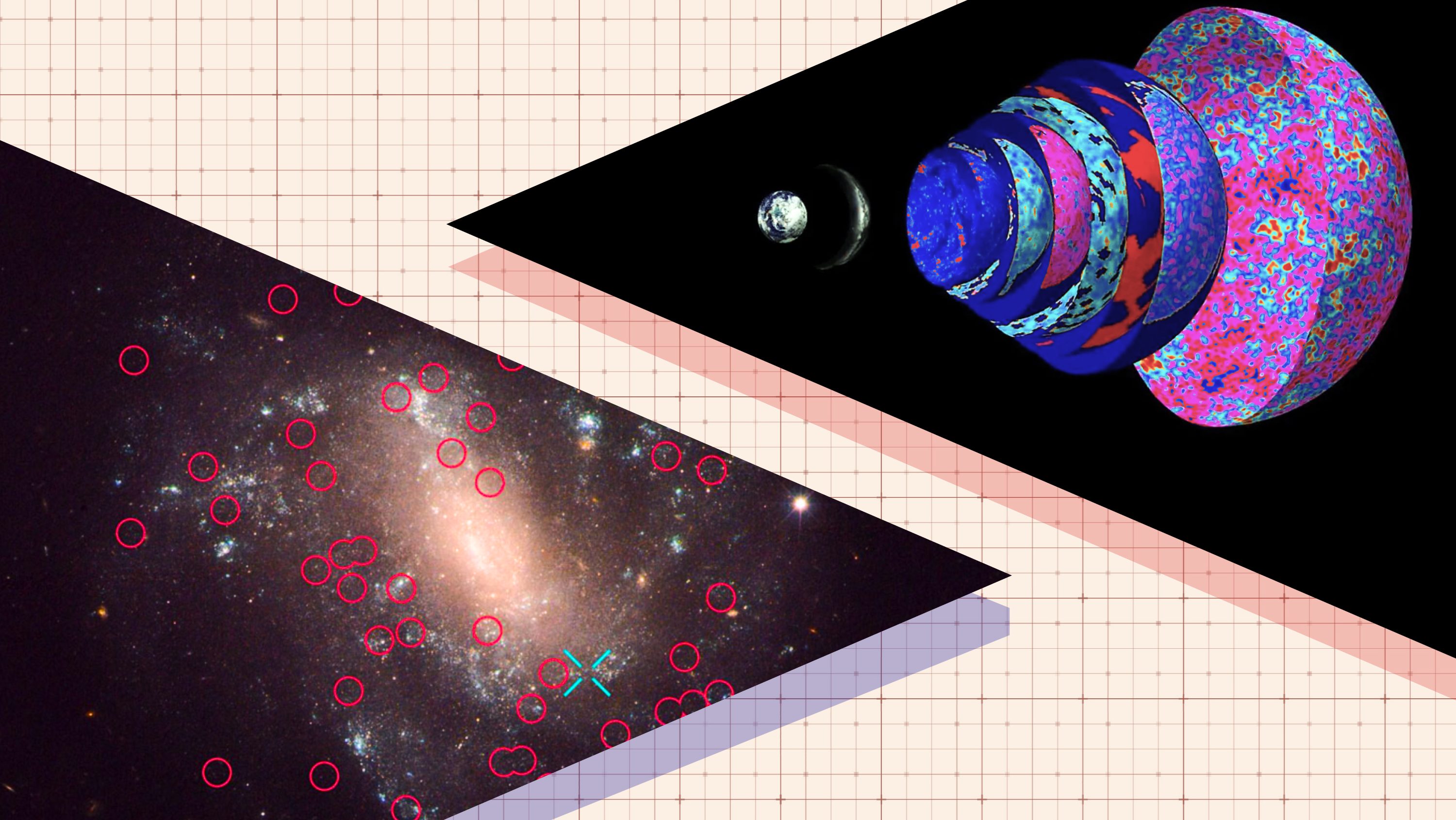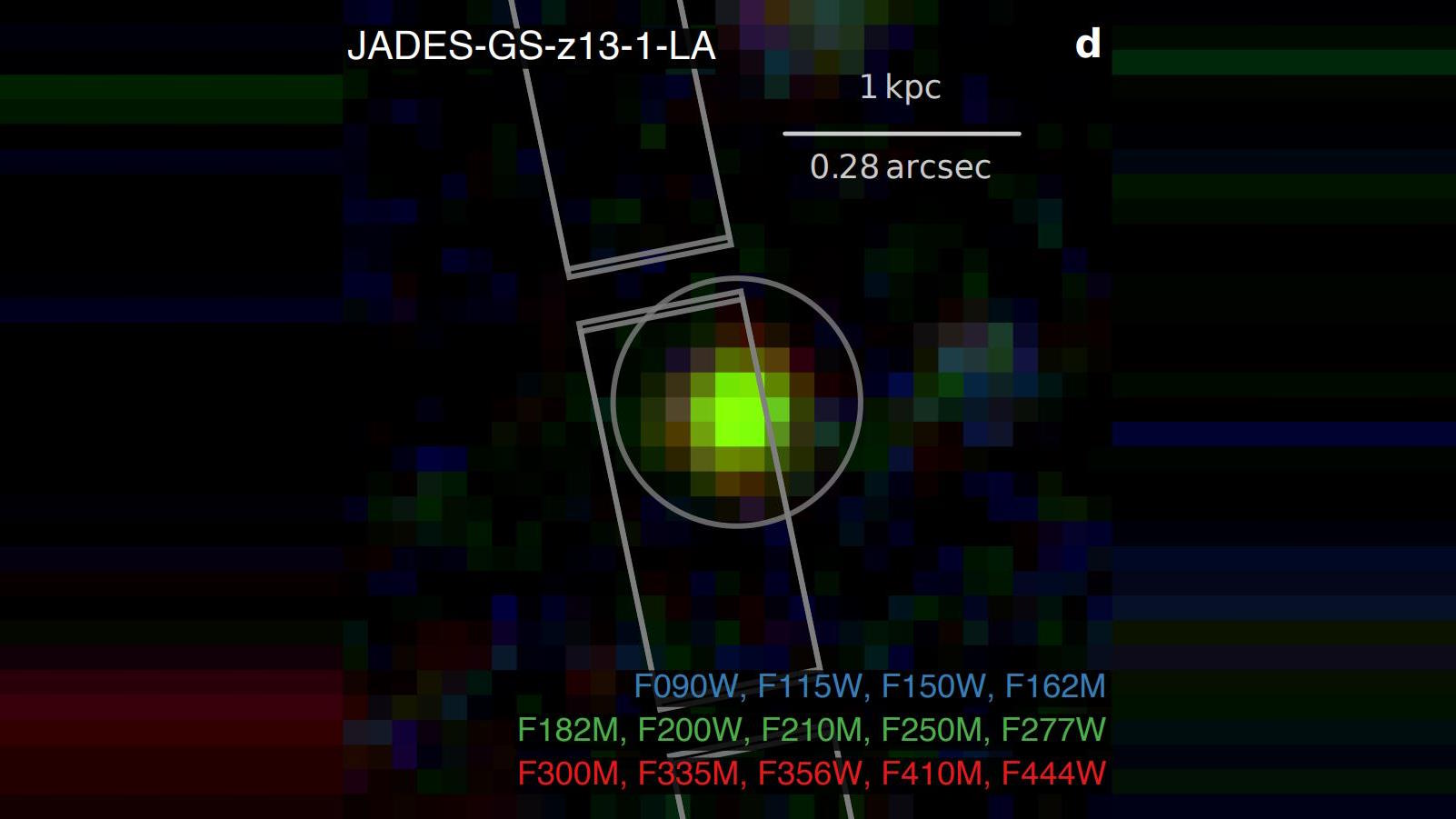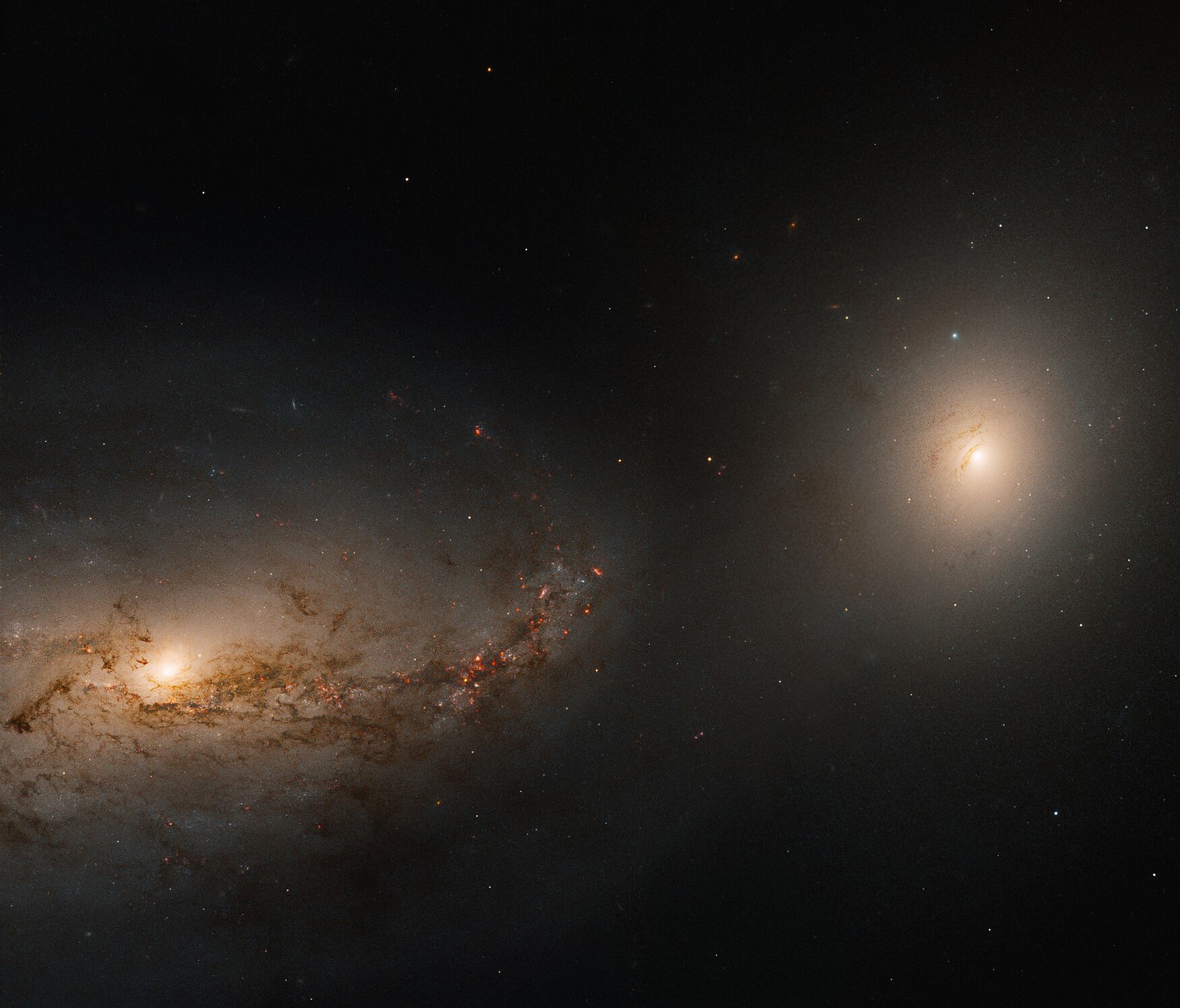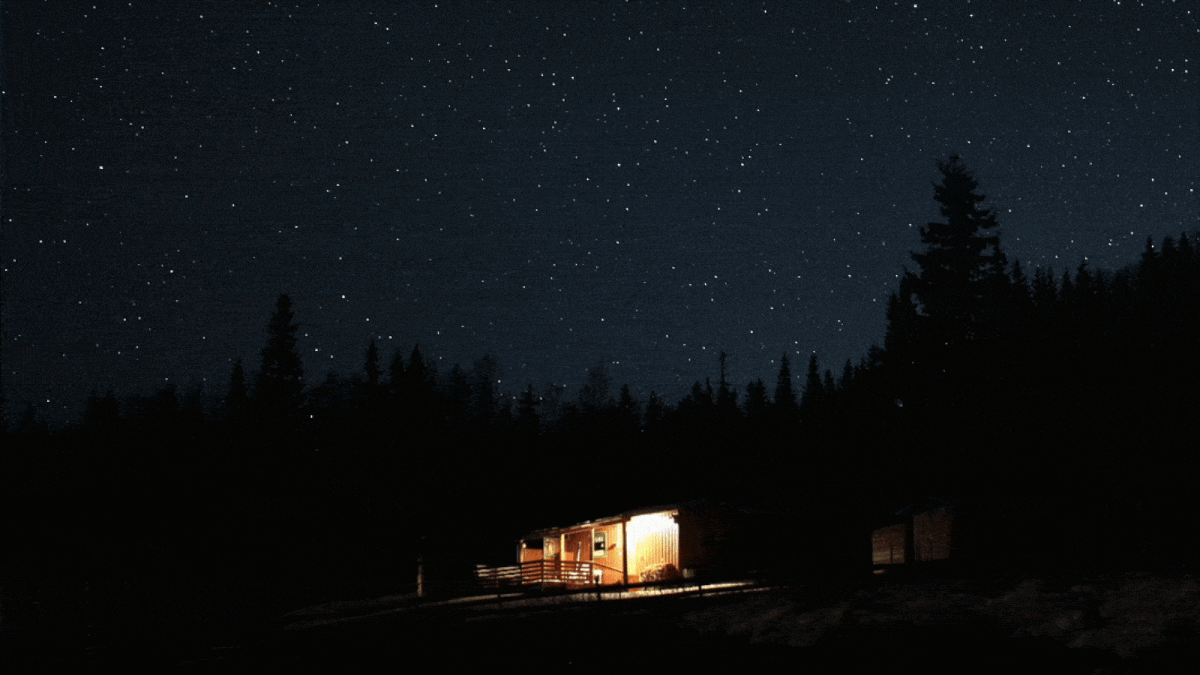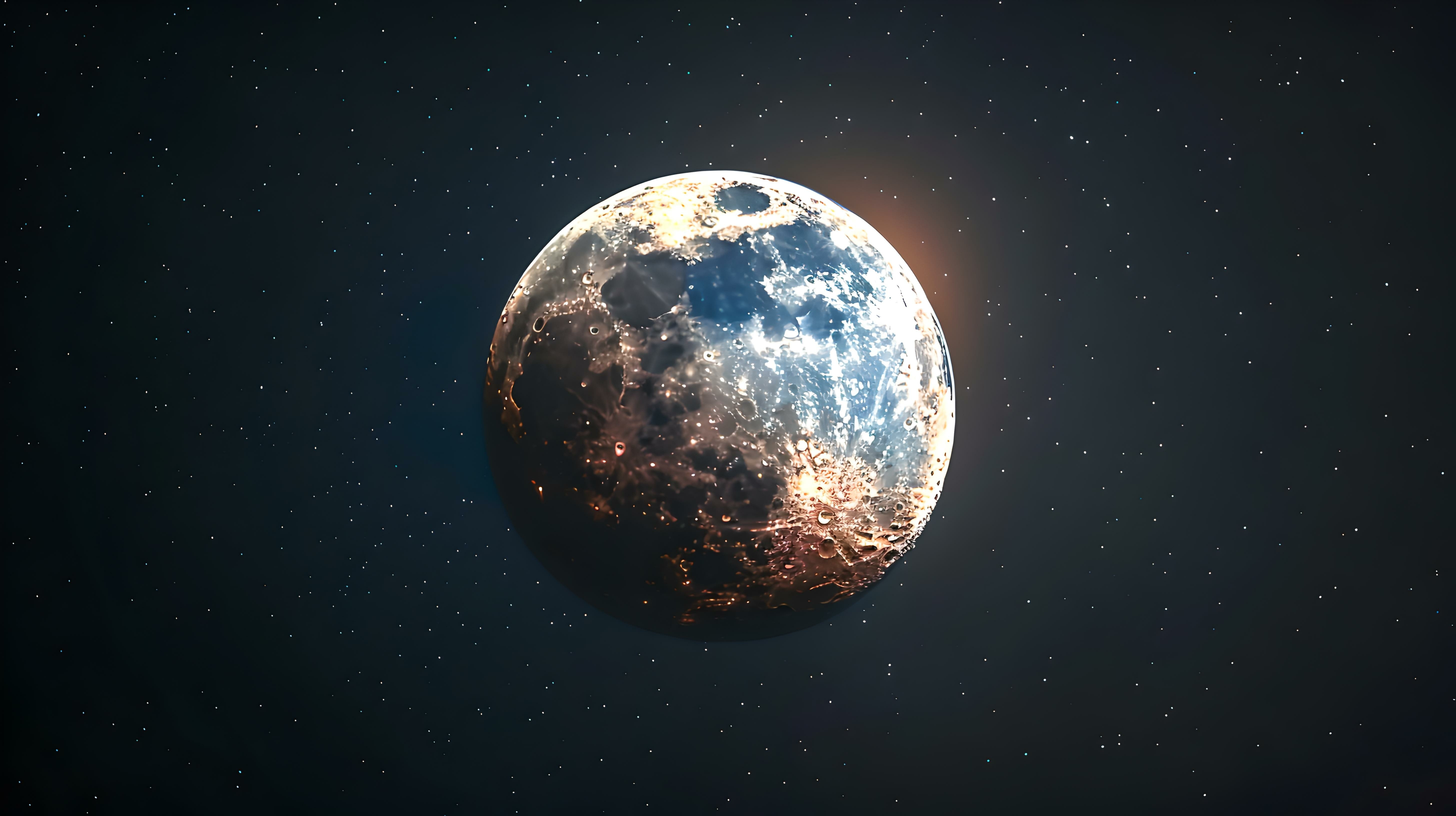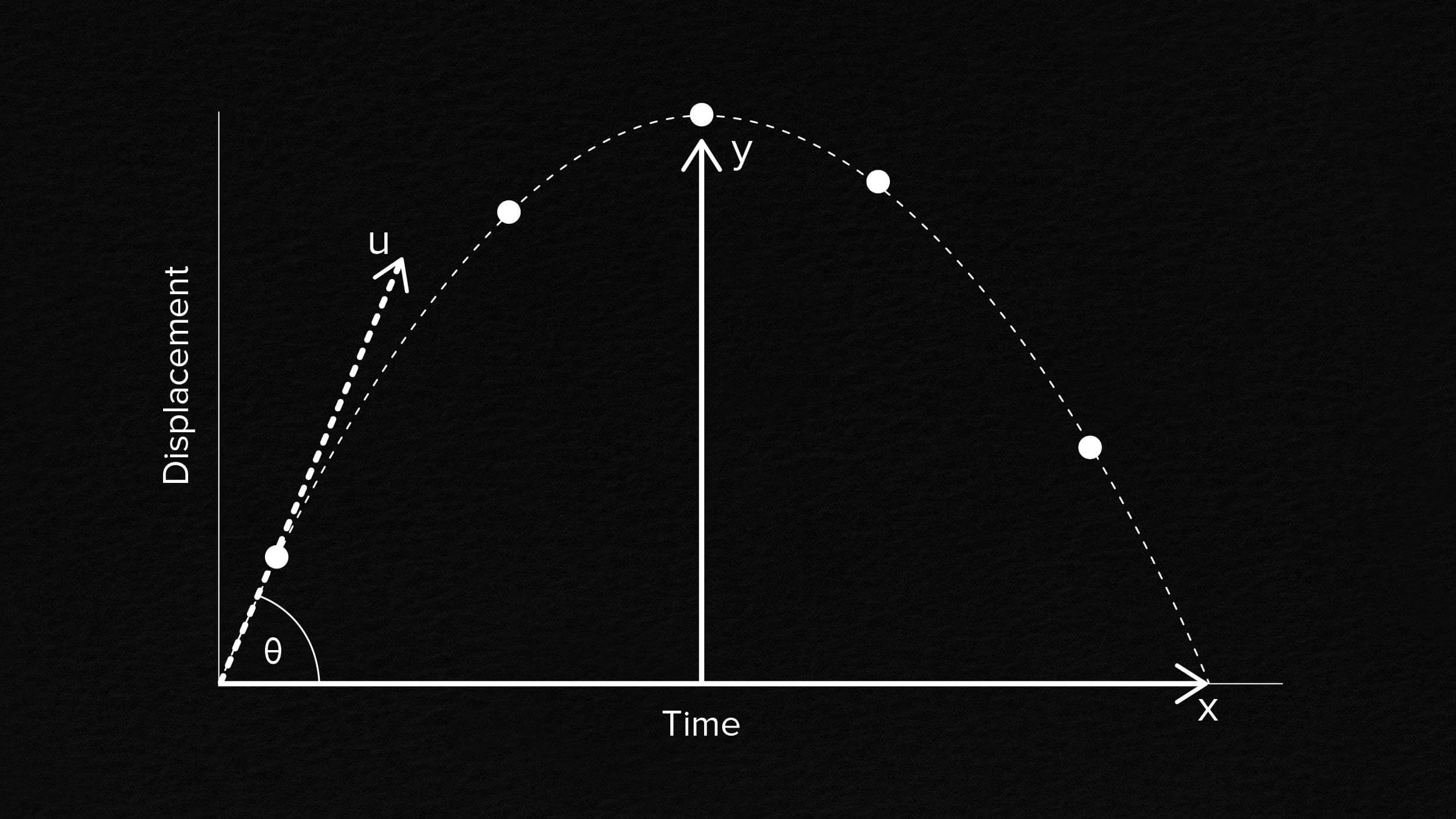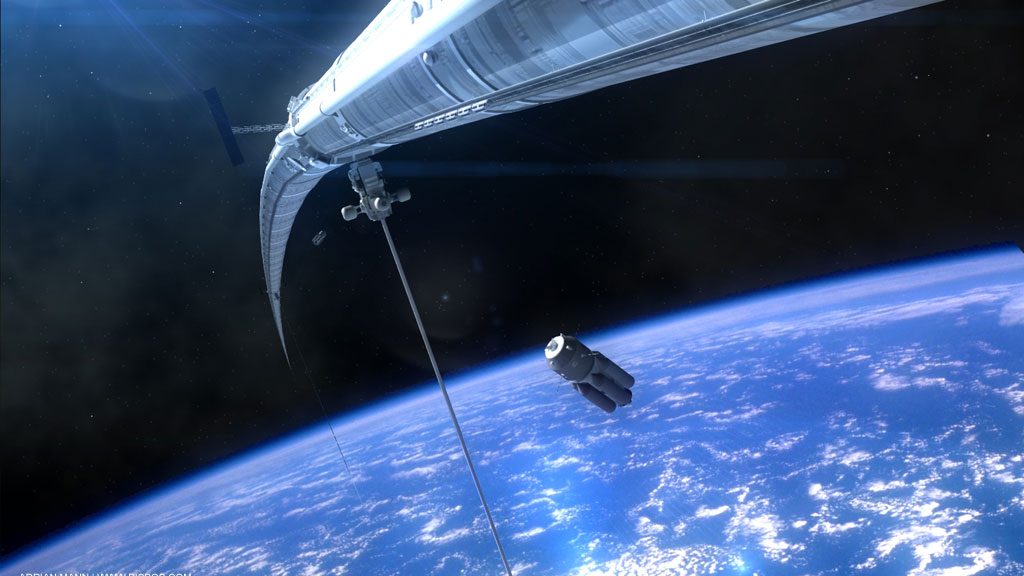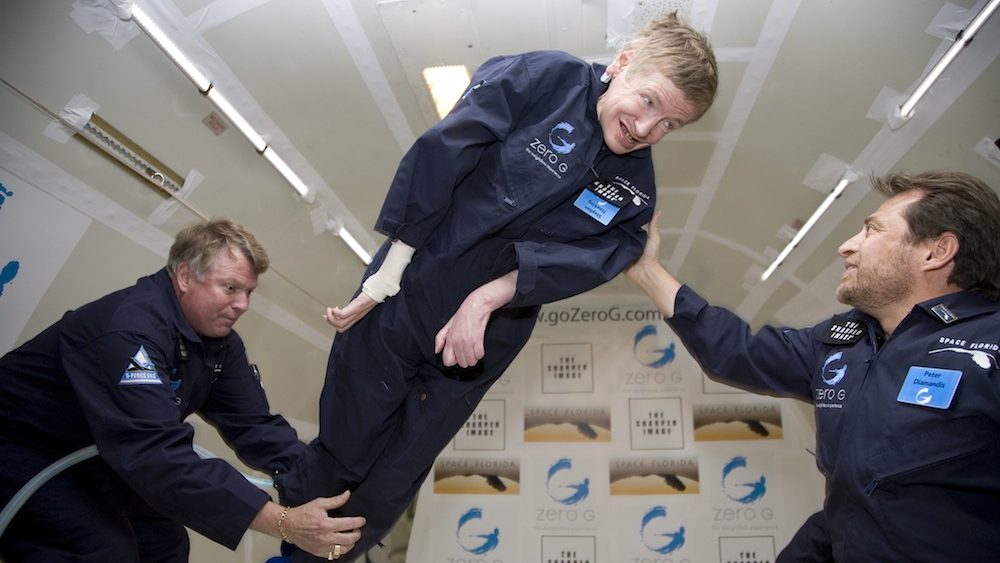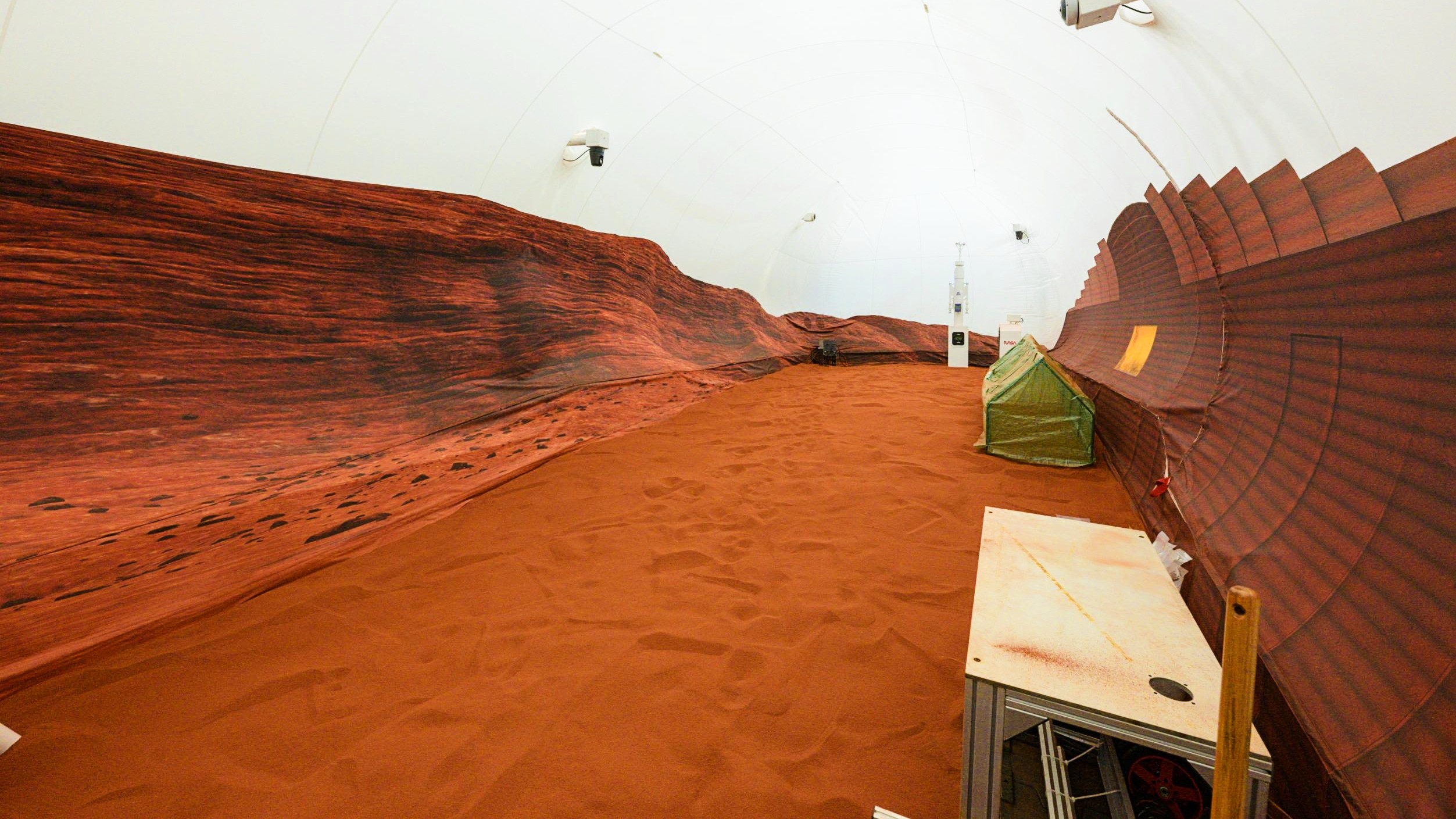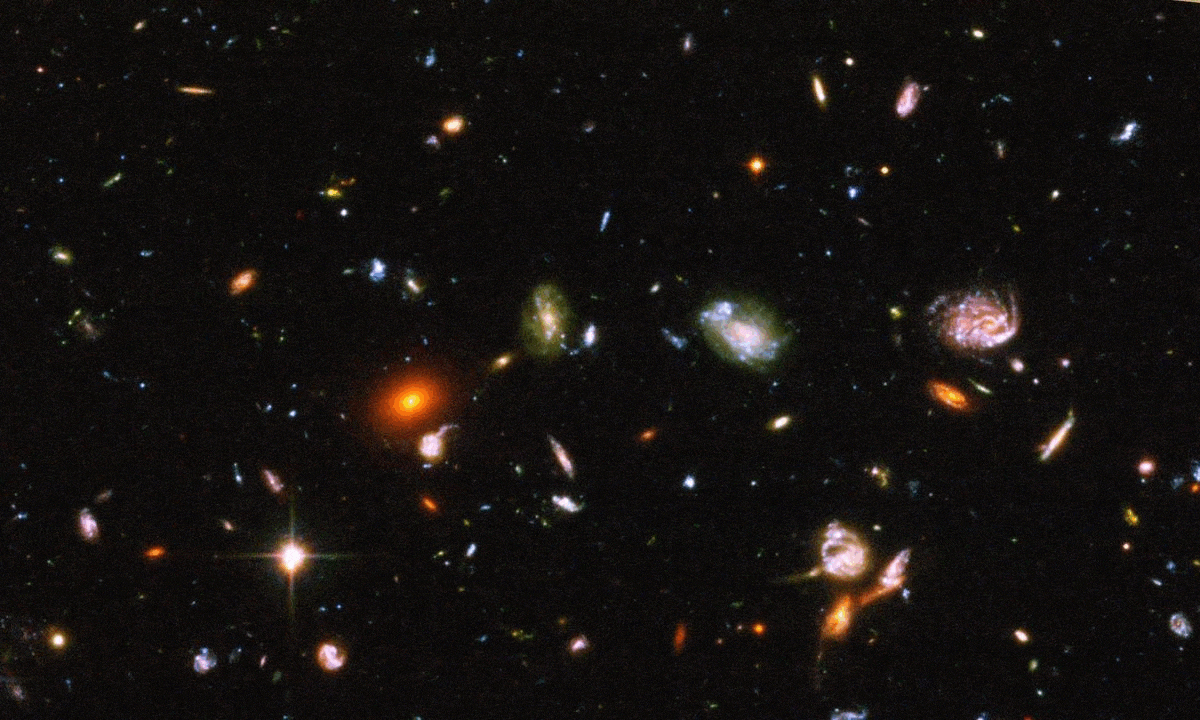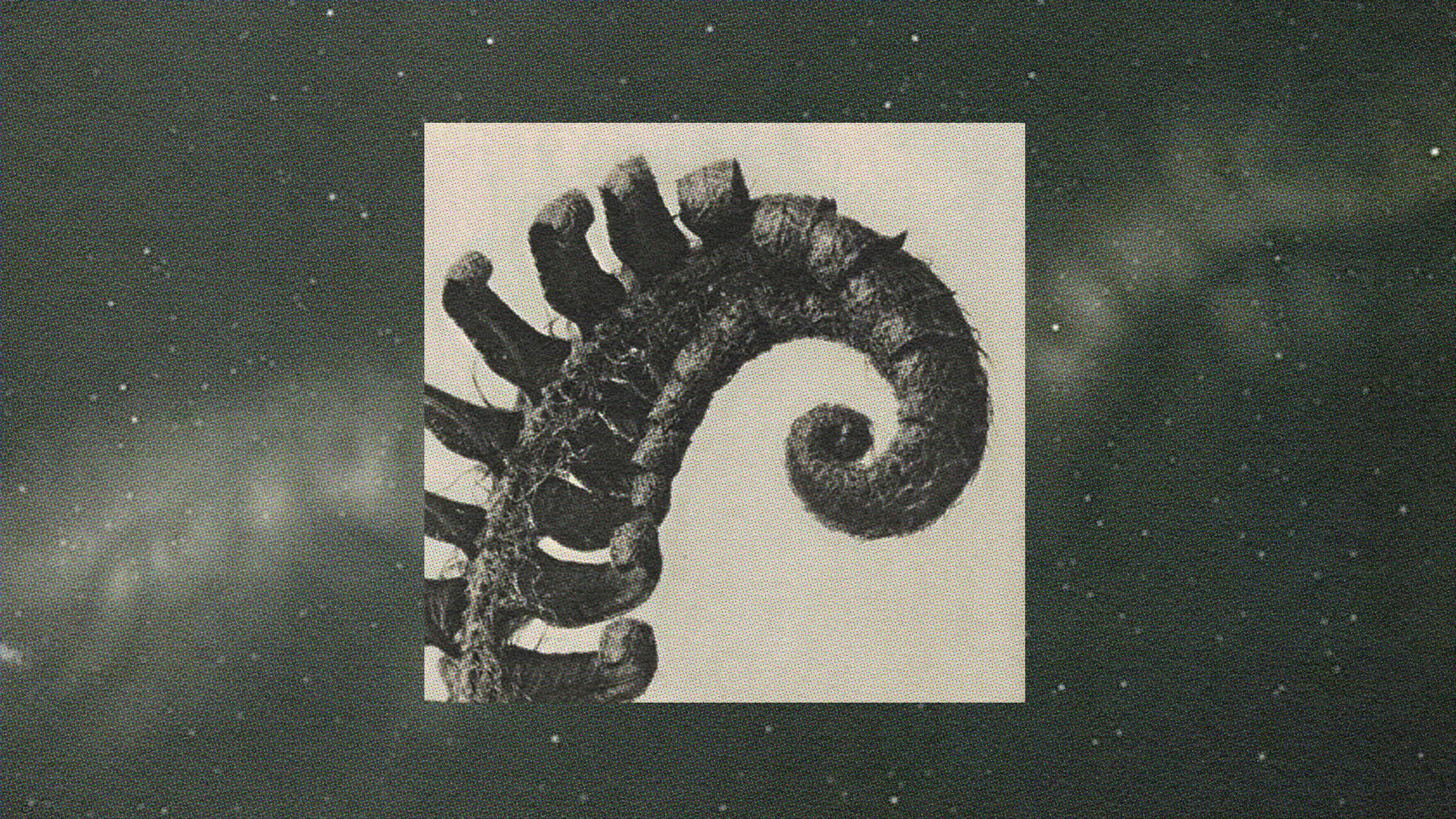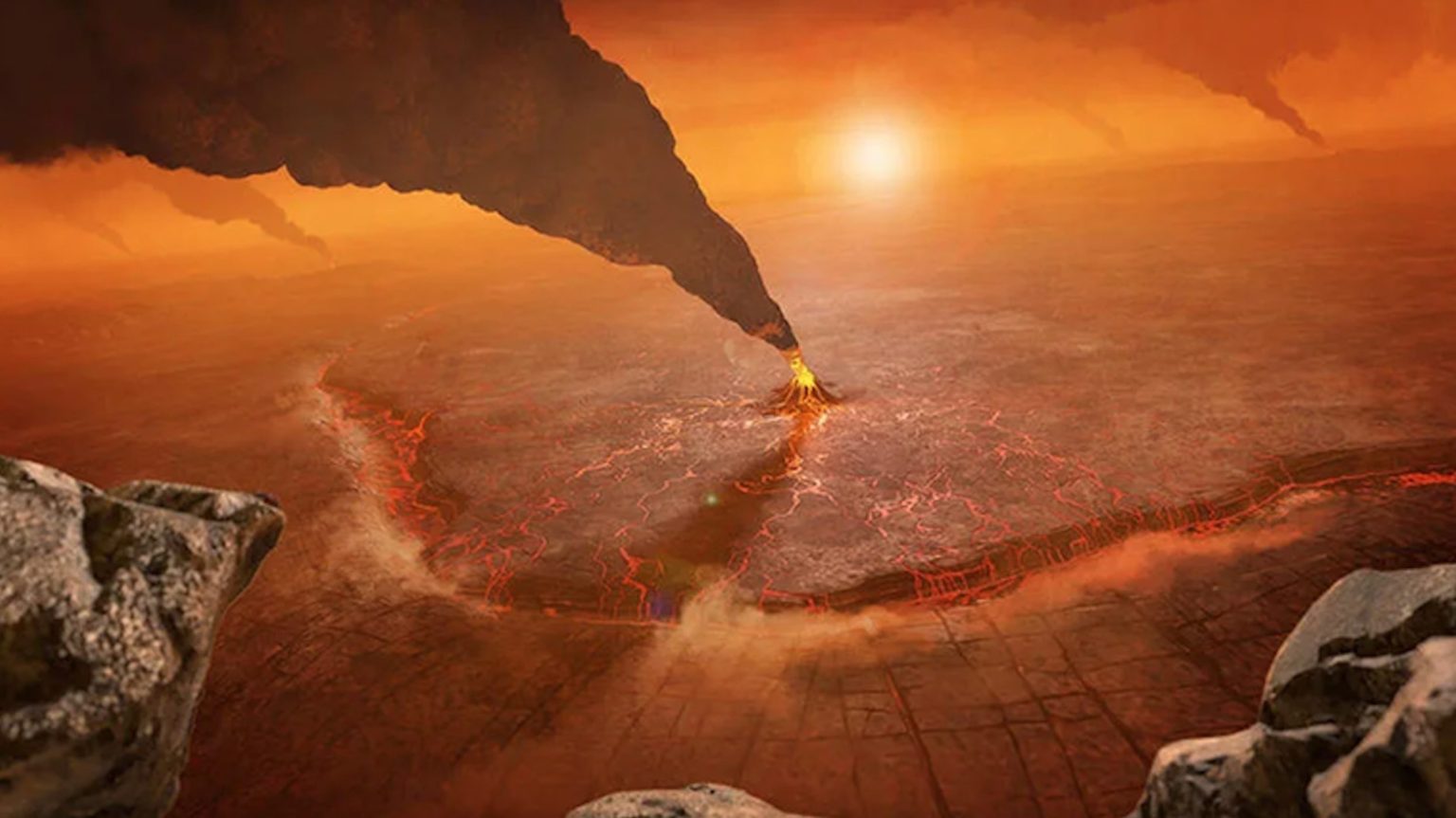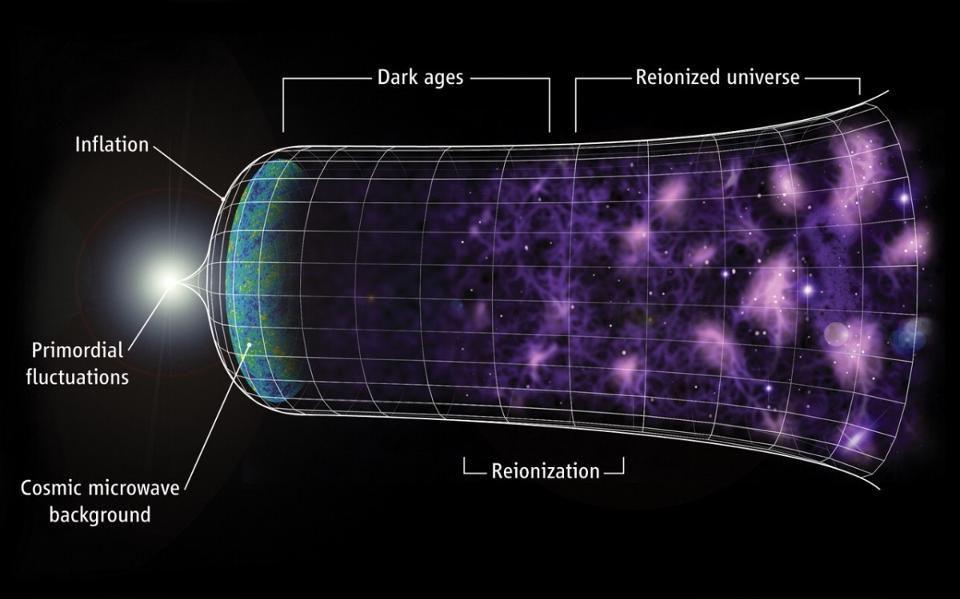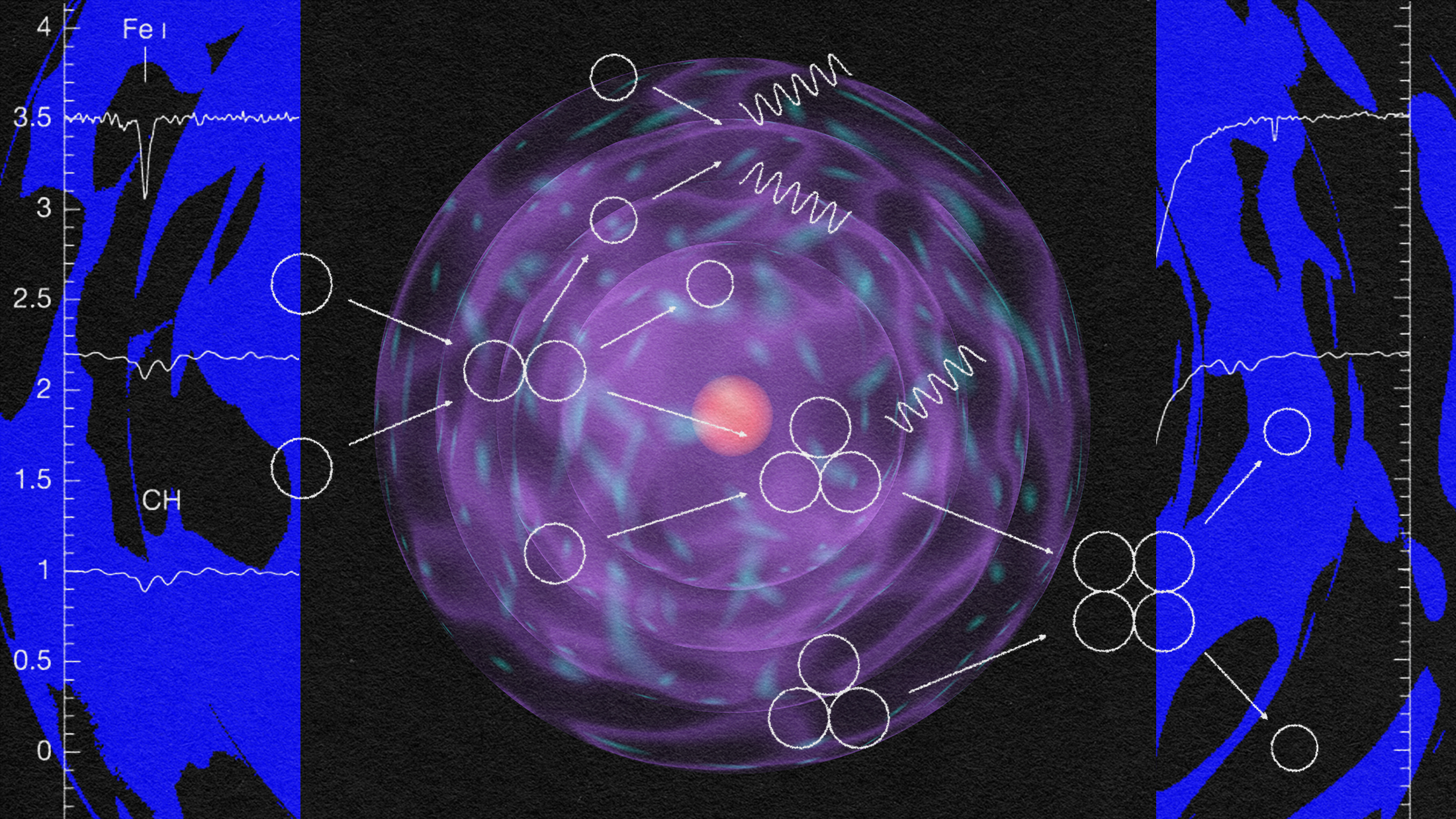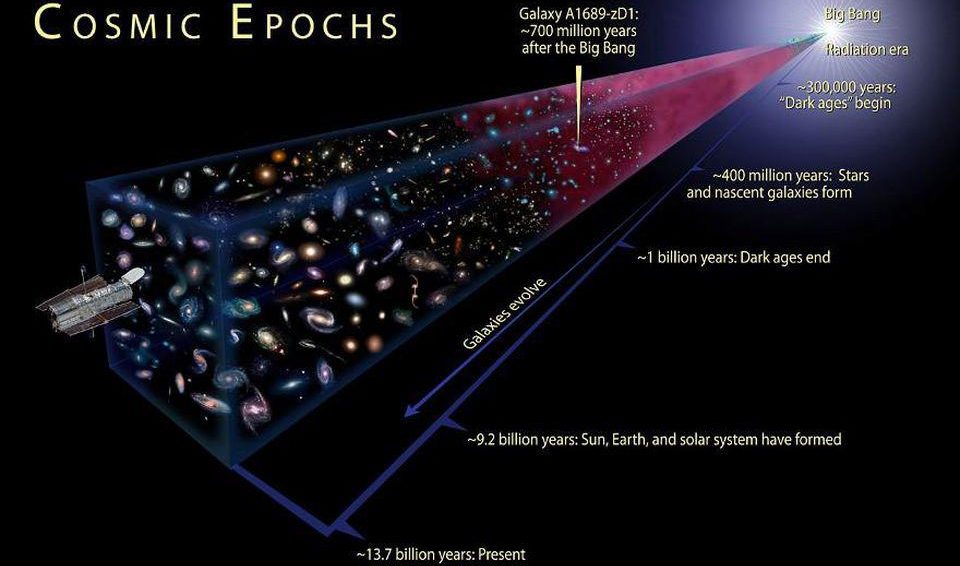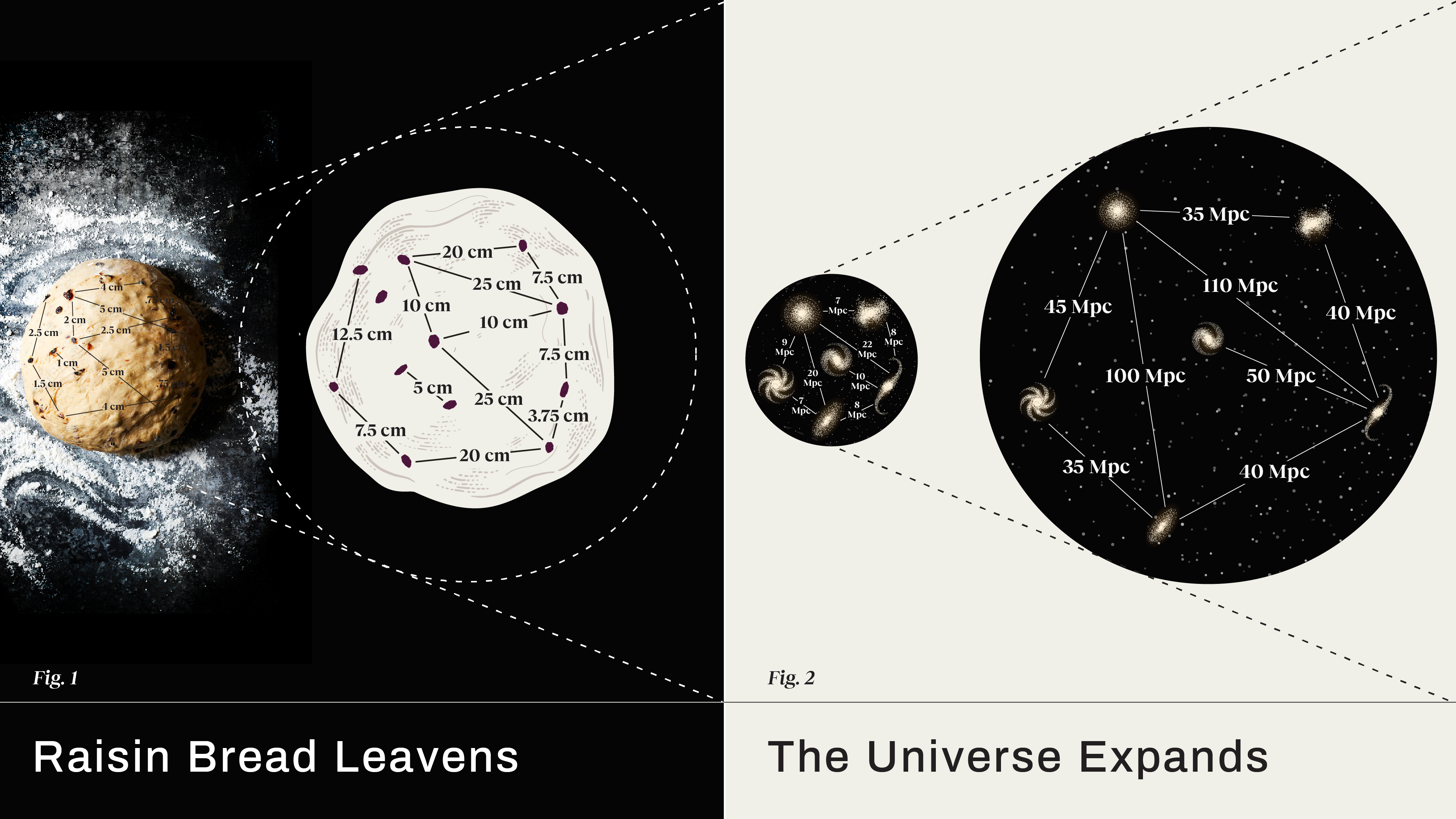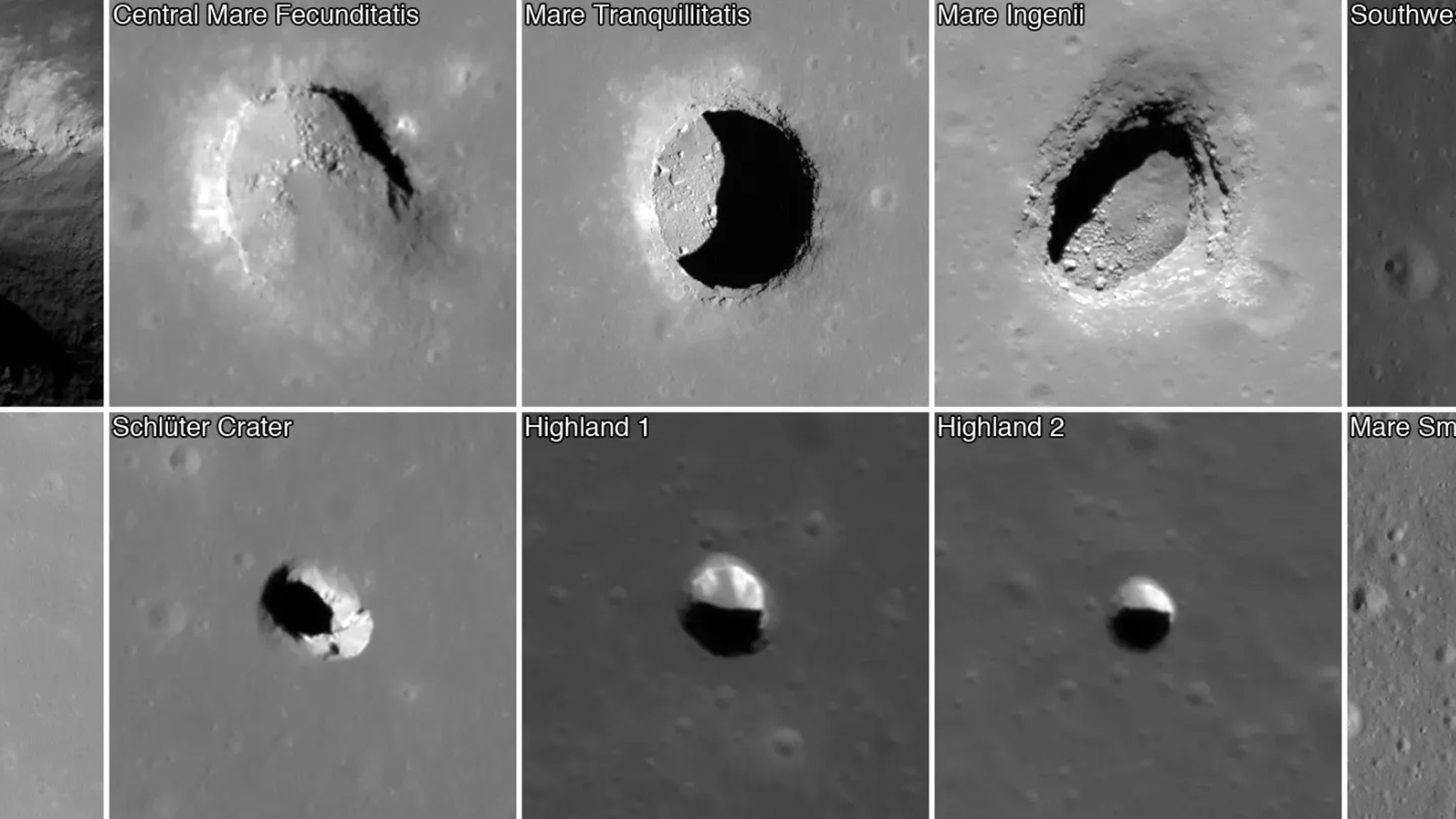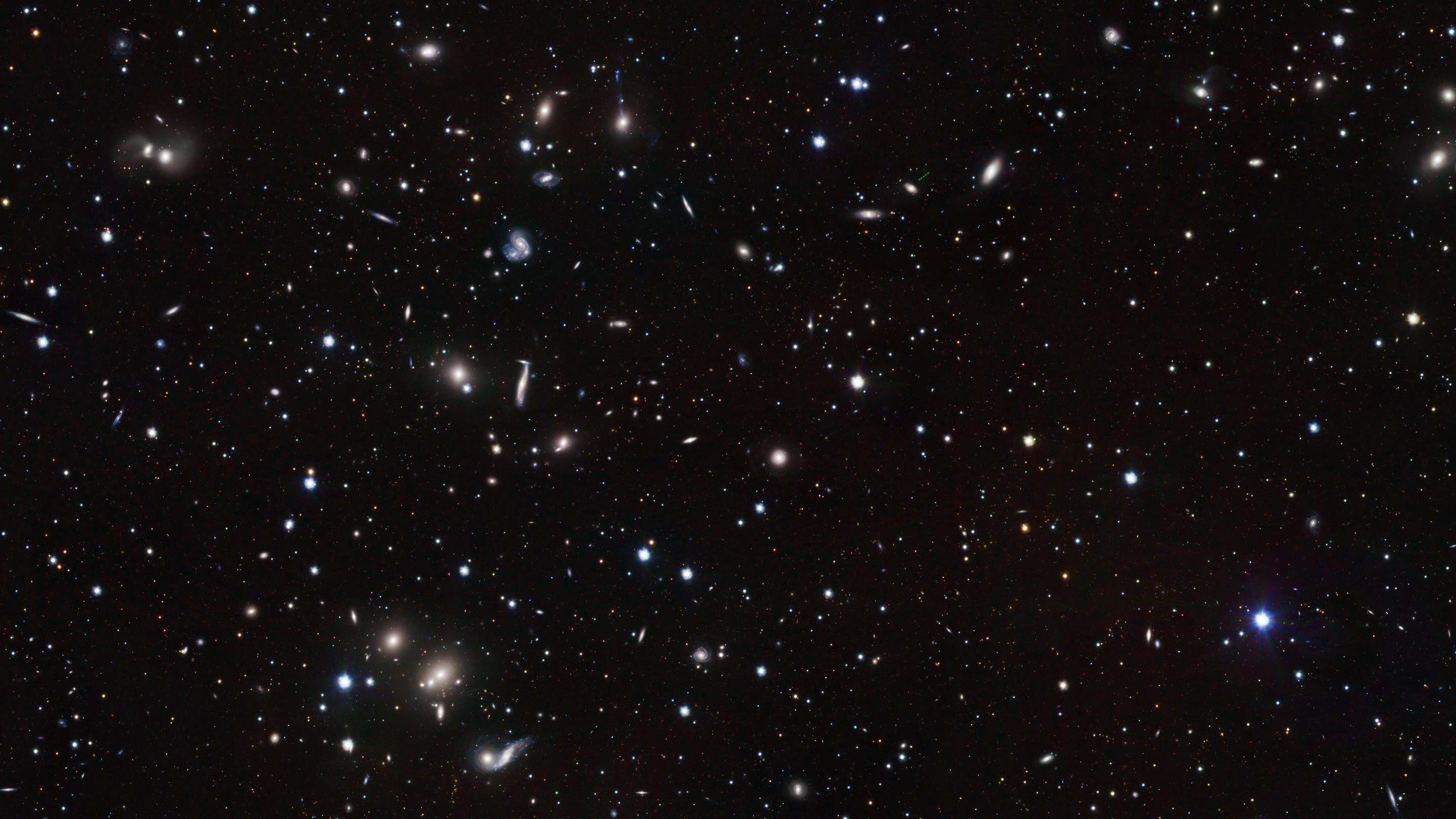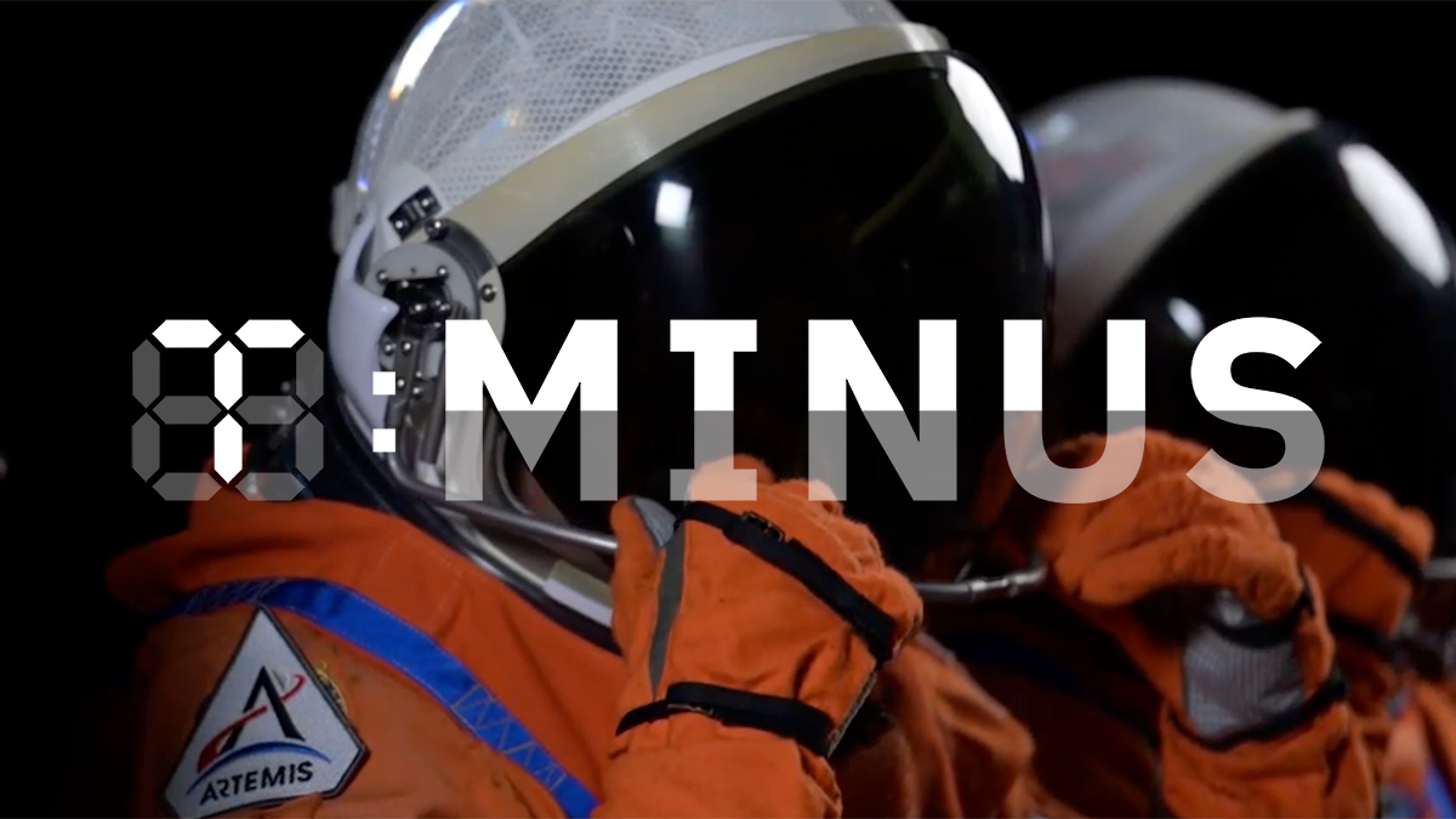Space & Astrophysics
Most fundamental constants could be a little larger or smaller, and our Universe would still be similar. But not the mass of the electron.
The existence of another watery world in the outer solar system may offer clues to how such seas form — and hope for another spot to search for life.
In the expanding Universe, different ways of measuring its rate give incompatible answers. Nobel Laureate Adam Riess explains what it means.
The Lyman-α emission line has never been seen earlier than 550 million years after the Big Bang. So why does JADES-GS-z13-1-LA have one?
Galactic activity doesn’t just arrive when supermassive black holes feast on matter. Before, during, and after all create fascinating signs.
Although a great many unidentified sights have been seen in the skies, none have conclusively demonstrated the presence of aliens. So far.
Finding life beyond our Solar System requires understanding its host planet.
Taught in every introductory physics class for centuries, the parabola is only an imperfect approximation for the true path of a projectile.
Inflation, dark matter, and string theory are all proposed extensions to the prior consensus picture. But what does the evidence say?
The observation that everything we know is made out of matter and not antimatter is one of nature’s greatest puzzles. Will we ever solve it?
The mass that gravitates and the mass that resists motion are, somehow, the same mass. But even Einstein didn’t know why this is so.
“When you feel the isolation setting in at times, you have to reframe your mindset.”
Scientific surprises, driven by experiment, are often how science advances. But more often than not, they’re just bad science.
The “little red dots” were touted as being too massive, too early, for cosmology to explain. With new knowledge, everything adds up.
Here on Earth, we commonly use terms like weight (in pounds) and mass (in kilograms) as though they’re interchangeable. They’re not.
In “Life As No One Knows It,” Sara Imari Walker explains why the key distinction between life and other kinds of “things” is how life uses information.
So far, Earth is the only planet that we’re certain possesses active life processes. Here’s what we shouldn’t assume about life elsewhere.
The Universe isn’t just expansion, but the expansion itself is accelerating. So why can’t we feel it in any measurable way?
No matter how good our measurement devices get, certain quantum properties always possess an inherent uncertainty. Can we figure out why?
Life arose on Earth early on, eventually giving rise to us: intelligent and technologically advanced. “First contact” still remains elusive.
If you think of the Big Bang as an explosion, we can trace it back to a single point-of-origin. But what if it happened everywhere at once?
The Universe is 13.8 billion years old, going back to the hot Big Bang. But was that truly the beginning, and is that truly its age?
Many contrarians dispute that cosmic inflation occurred. The evidence says otherwise.
In all the Universe, only a few particles are eternally stable. The photon, the quantum of light, has an infinite lifetime. Or does it?
The big question isn’t whether the Universe is expanding at 67 or 73 km/s/Mpc. It’s why different methods yield such different answers.
The recent discovery of a large cave on the Moon highlights the importance of caves not just for future space explorers but astrobiology as well.
The original principle of relativity, proposed by Galileo way back in the early 1600s, remains true in its unchanged form even today.
Most stars in the Universe are located in big, massive, Milky Way-like galaxies. But most galaxies aren’t like ours at all.
These missions will put us one step closer to the ultimate goal: crewed trips to Mars.

